
The Necessity of Knowledge Based STEAM Education in Nepal
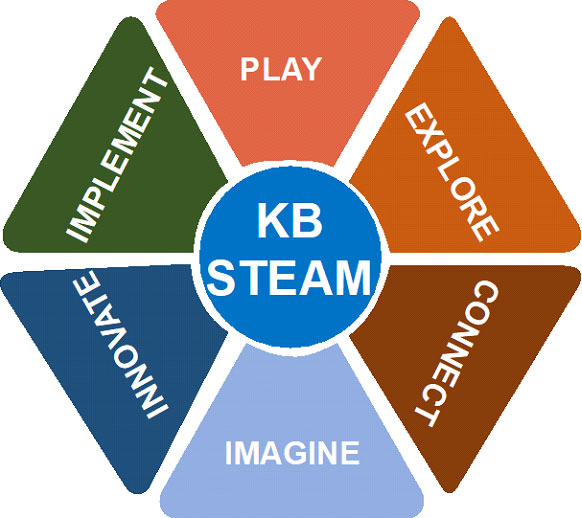
Knowledge Based STEAM education will help Nepal leap from being technology users to innovators
The significance of Knowledge Based STEAM education has been unprecedented as the world stands on the brink of the Fourth Industrial Revolution – “Industry 4.0”. Industry 4.0 will merge the physical, digital, and biological worlds using devices that sense and interact with humans, other machines, and our environments in new ways and which can make informed, rapid decisions autonomously. This revolution will embrace technologies based on new models and will significantly boost national economic competitiveness by enabling new businesses to grow. This major technological revolution demands human resources equipped with Science, Technology, Engineering, Arts, and Mathematics (STEAM) knowledge, skills, and capabilities that are committed to producing technical sophistication and interdisciplinary thinking. This scenario presents Nepal to be an active contributor in this Fourth Industrial Revolution by creating world-class innovators of new technologies with enormous market potential and thus making Technology as the significant economic driver of the country.
Ref: https://evodiokaltenecker.com/when-technology-meets-strategy-impacts-of-industry-4-0/
Producing innovators, visionaries, creative thinkers, and dreamers for the next-generation STEAM market cannot be imagined without a robust Knowledge Based STEAM education system. This is because despite having a vast number of knowledgeful talents in the country, the existing exam-focused education model has limited these students when it comes to innovation, problem-solving, and creativity due to the missing link between engineering-technology-entrepreneurship in Nepal. This gap, which impedes the individuals, leaping from being a user of Technology to an Innovator, can be filled in by STEAM players. Scientific and technological innovation depends on a solid knowledge base in the STEAM areas. This makes it inevitable for developing countries like Nepal to generate STEAM-qualified human resources and to create STEAM-related jobs in the near future. Such STEAM workers play a vital role in the sustained growth and stability of a country's economy and are a critical component to helping Nepal to create a prosperous future. Despite these compelling facts, the STEAM skills of students in Nepal are lagging behind other developed or developing countries. Thus, Knowledge Based STEAM education is of paramount importance in the context of Nepal and must be a national priority to create a sustainable economy and compete in a global platform.
Knowledge Based STEAM education enables our students to learn in a scientific, systematic, and logical manner, and also to become future-ready. These students will learn, update, explore, and continuously enhance their knowledge base by various innovative ways and means, thereby taking the STEAM culture ahead in the country. Such Knowledge Based STEAM education will ultimately produce expertise in the field of scientific research and enable industrialization of the country and will put Nepal at the international forefront of the STEAM field that will transform an industry and human well-being. New skills and mindset in these fields will transform the Nepalese economy, safety, and security, health and well-being, leisure, and productivity. Knowledge Based STEAM Education can convert the envisioned dreams of becoming a prosperous nation with technological sophistication into reality.
Knowledge Based STEAM education encourages creativity while learning, and this promotes innovative thinking in our students. Knowledge Based STEAM Education maximizes the involvement of a child in the entire learning process. It strengthens their understanding of basic science, engineering physics, and mathematical concepts and applies them in a variety of situations in the classroom as well as life. It is very much helpful in developing their power of reasoning,
enrich mental ability, and boost confidence and also build mastery over computational skills and other basic scientific processes. A Knowledge Based STEAM curriculum has real-life situations to help the student learn. It integrates multiple classes to provide opportunities to see how concepts relate to life to hopefully spark a passion for a future career in a STEAM field. STEAM activities provide hands-on and minds-on lessons for the student. By presenting hands-on and relevant real-world learning experiences, Knowledge Based STEAM education makes math and science both fun and exciting and helps the student to do much more than learning. We strongly believe that students with Knowledge Based STEAM Education will have a better understanding of Nepal’s emerging socio-economic challenges and will enable them to address the same. Knowledge Based STEAM learners will be problem solvers of future Nepal, become responsible citizens, and create a new and better world not only with technological sophistication but also with knowledge, wisdom, peace, love, and care.
To ensure future success in STEAM, we will need to make sure that our students get opportunities to acquire fundamental Knowledge Based STEAM education at the primary school level. Building a strong STEAM foundation through a compulsory curriculum is the best way to ensure that students are exposed to math, science, and Technology throughout their academic careers.
Written by:
Dr. Vivek Raj Shrestha,
Post-doctoral research fellow, The University of Melbourne, Australia
Process Engineer- Thin Film Specialist, Melbourne Center for Nanofabrication, Australia
Edited by: Samadhan Engineering



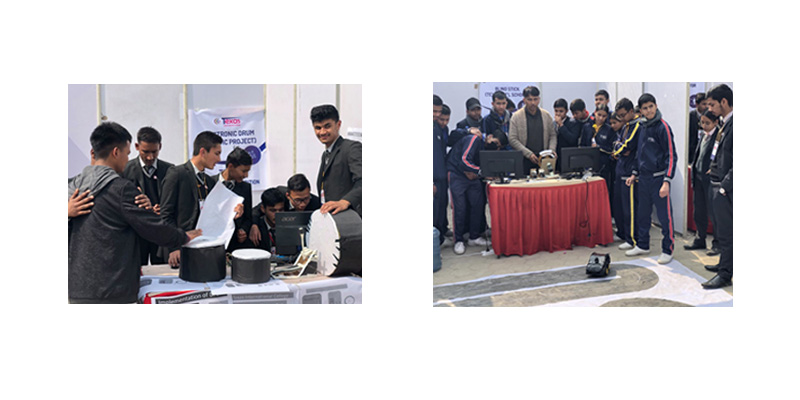

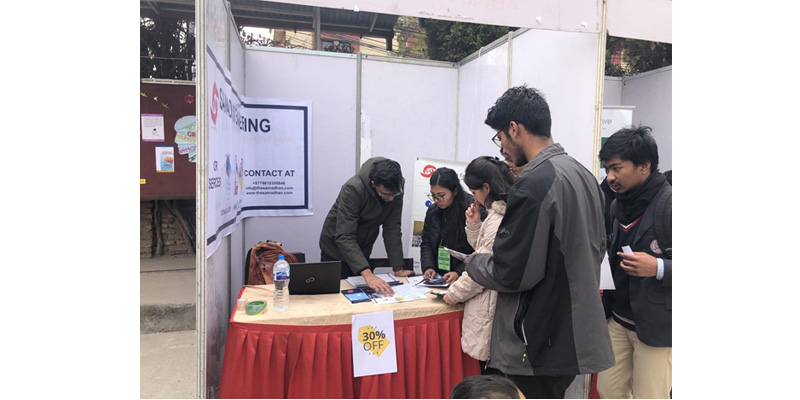
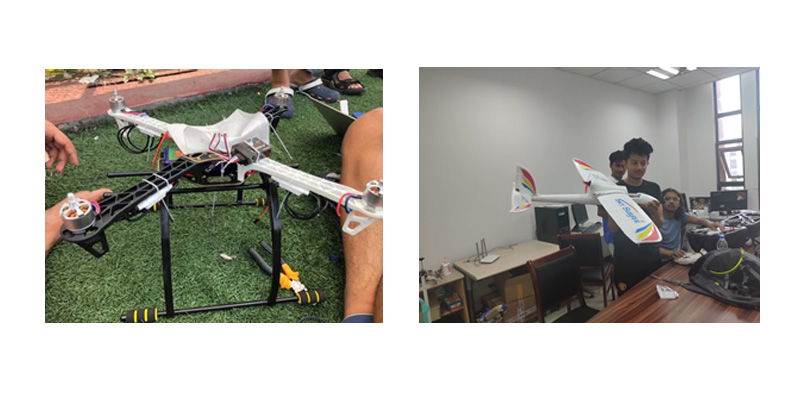
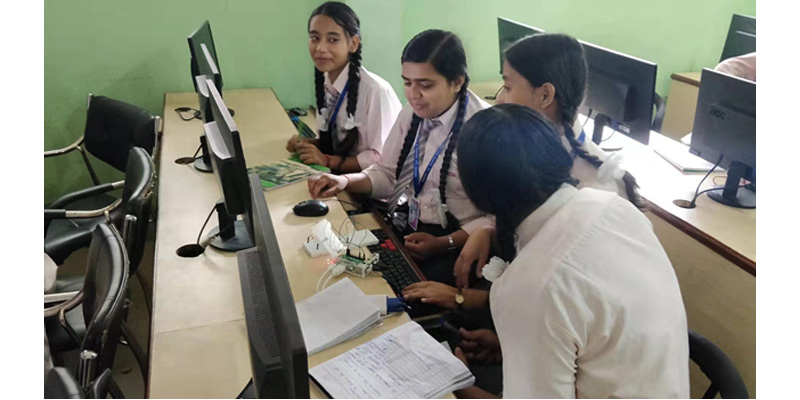
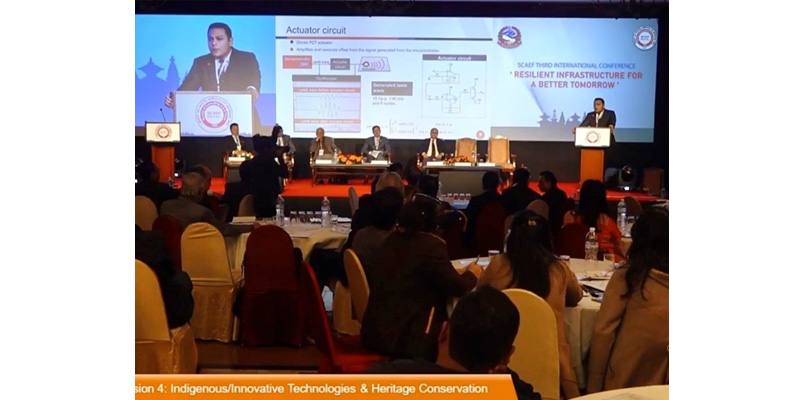
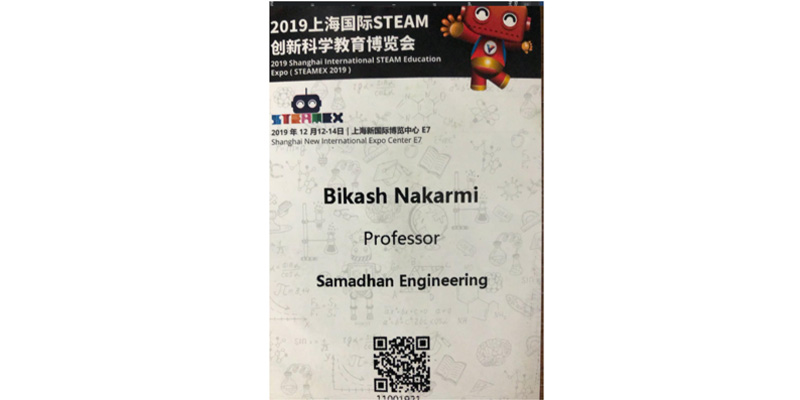
 +977-9810395846
+977-9810395846